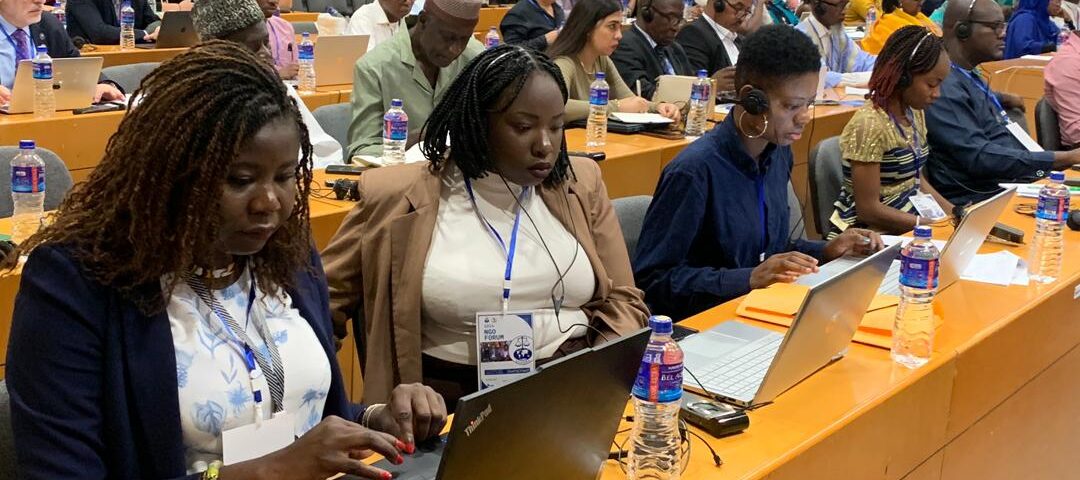In a recent panel discussion moderated by Corlett Letlojane during the NGOs Forum, the dire state of human rights in Angola was addressed, emphasizing the urgent need for the protection of civic space across the continent. The African Commission’s Resolution 569 was cited as a critical framework for tackling issues such as torture and reprisals against activists.
Remi Ngoy Lumu shared his disappointing experiences during two visits to Angola, where he and his colleagues were expelled during an academic visit to a university. He noted that even their attempts to engage with the National Human Rights Commission and the Ombudsman were met with silence. Lumu expressed concern over proposed laws aimed at restricting civic space, including limitations on freedom of movement and assembly. He urged human rights defenders to build resilience and support the Angolan populace, despite the government’s use of stringent measures under the guise of combating terrorism.
Godinho Cristovão, an advocate from Angola, highlighted serious human rights issues faced by defenders in the country. He pointed out that new laws are being enacted to monitor NGO activities and restrict criticism of the government. Cristovão noted that individuals can be arrested simply for voicing dissent against the President. He warned that if these laws pass in parliament, they could enable the government to block internet access and control media operations. Furthermore, he described how infiltrators disrupt peaceful demonstrations, leading to arrests of organizers.
Frei Julio Candeero, another human rights defender from Angola, added that local elections are absent, with officials appointed by the executive branch. He emphasized the exclusion of ethnic minorities and highlighted human rights violations linked to the extractive industries. Candeero pointed out that despite significant economic activities like diamond mining, 11 million people in Angola suffer from hunger. He also raised concerns about women’s rights and access to education, calling for ongoing advocacy to address economic and social rights.
Participants from various countries contributed to the discussion, with a Ugandan participant expressing disappointment over Africa’s current democratic state and urging a reevaluation of leadership accountability regarding human rights mechanisms. A Cameroonian participant called for solidarity in addressing human rights abuses in Angola and suggested leveraging digital platforms for information sharing among NGOs.
An Angolan participant echoed concerns about detrimental laws affecting civic space and reported instances of police violence against women and youth. A Gambian participant inquired about barriers to birth registration in Angola and whether there are regulations governing mining companies.
Conclusion
The panel underscored that the situation in Angola reflects broader challenges faced by many African nations regarding human rights protections. The need for solidarity among civil society organizations across the continent was emphasized as crucial for advocating change and ensuring accountability. As discussions continue, stakeholders must work collaboratively to uphold human rights standards and protect civic spaces throughout Africa.


